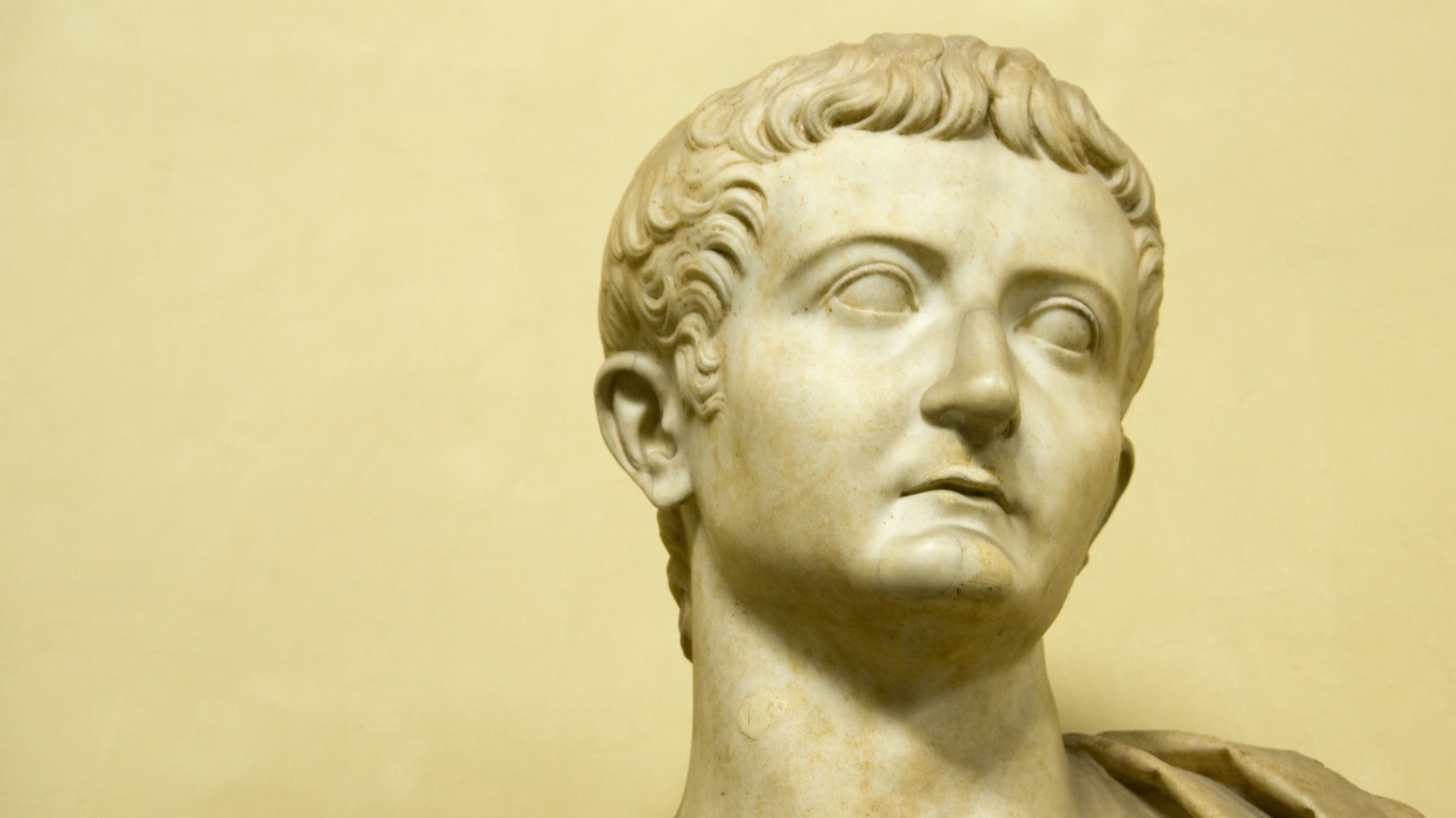In our previous episode we discovered that the payment of the tax to Caesar was indeed unlawful according to the Word of God. What then did Jesus mean when He said “Render to Caesar that which is Caesar’s”?
Many advocate that Jesus is saying that one is to pay tax so that one may enjoy the services and benefits that are provided by Caesar’s Kingdom.
However, this is the same as saying that one is to bow down to Caesar in order to receive his kingdom. This, however, is not consistent with the declaration that Jesus made at the commencement of His ministry.
Does Jesus advocate the worship of both God and man?
At the beginning of his ministry Satan tested Jesus by offering Him the Kingdoms of the World if He would only bow down and worship him. Satan would hand over the Kingdoms of the World to Jesus if Jesus acknowledged that the Kingdoms of the World actually belonged to Satan in the first place, and that they were his to give.
Jesus’ response was a swift rebuke:
“Be gone, Satan! For it is written, “You shall worship the Lord your God and him only shall you serve.”
Matthew 4:10
Jesus rightly recognised that sovereignty did not rest in Satan, but rested in the Almighty God Himself. He alone is the source of all prosperity, progress and security.
Just as Satan does not own the world, and it is not his to give, so one’s security and prosperity do not originate in Caesar and his kingdom.
Now, a little over three years after His test in the wilderness, do we need to assume that Jesus’ position has changed? Is He now advocating that one needs to simultaneously serve both God and man?
I don’t believe so, that would be terribly inconsistent.
The hypocrisy of the Pharisees and Herodians
In answering the question Jesus called the Pharisees and the Herodians out as hypocrites. Whilst they professed outwardly that God was King their real allegiance lay elsewhere.
The Pharisees professed God, but in reality sought to nullify His Word through elevating their own traditions in order to gain power, whilst the Herodians were willing to strike deals with Rome, and therefore willing to compromise their faith in God.
Jesus’ answer to “Render to Caesar that which is Caesar’s, and to God the things that are God’s” is therefore not about determining what one should pay to Caesar and what one should pay to God.
This is all about declaring allegiance.
Give all back to Caesar…
The answer Jesus gave could be translated as “Give all back to Caesar, and give all back to God”. To give up and reject your trust in that false system or idol, as only then you can enter into a full trust relationship with God.
This was quite the subversive statement.
Jesus drives home the fact that the claim of Caesar and the claim of God were mutually exclusive.
He is challenging the Pharisees and Herodians to make a choice. He is in effect saying, “if you believe in the gospel of Caesar, that he is the son of God, the prince of peace, who has become the king of the world and who brings justice, peace and security, then go with him. But, if you believe in the God of Israel then go with Him, and commit to Him… fully”.
Here you hear the echo of Jesus’ words given at the Sermon on the Mount:
“No one can serve two masters, for either he will hate the one and love the other, or he will be devoted to the one and despise the other. You cannot serve God and money.”
Matthew 6:24
Why the Pharisees and Herodians marvelled
This is why the Pharisees and Herodians marvelled. By questioning their allegiance, Jesus put His finger on the very reason for their captivity, and bondage to Rome, whilst identifying the pathway to their freedom.
By abandoning their full allegiance to God and seeking after other gods, Israel had been placed into captivity. Only by returning to God, and placing their trust fully in Him, would they be released. This is a pattern we see repeating itself over and over in the history of Israel, and it is a pattern that is applicable in our lives today.
Freedom did not come from Rome, nor does it come from today’s modern equivalent. True and lasting freedom only comes through full allegiance to the God of our forefathers, the God of Abraham, Isaac and Jacob, by placing our trust in His proven faithfulness.


